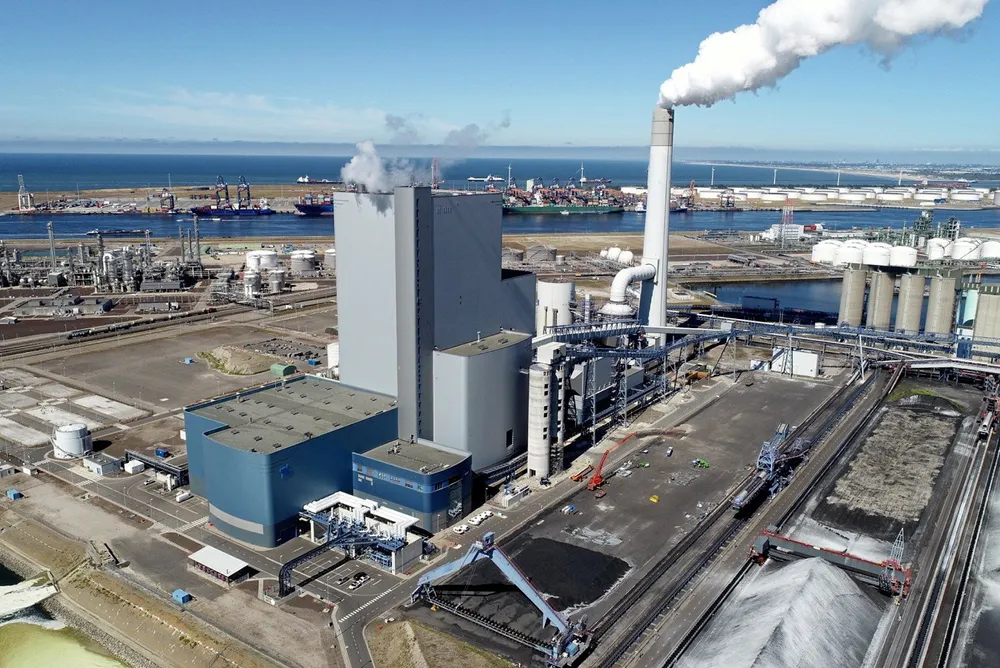EXCLUSIVE | Uniper delays major offshore-wind green hydrogen project to end of decade, hands back EU subsidies
The German energy firm tells Hydrogen Insight that it plans to bring full 500MW electrolyser capacity on line by 2030

The German energy firm tells Hydrogen Insight that it plans to bring full 500MW electrolyser capacity on line by 2030
